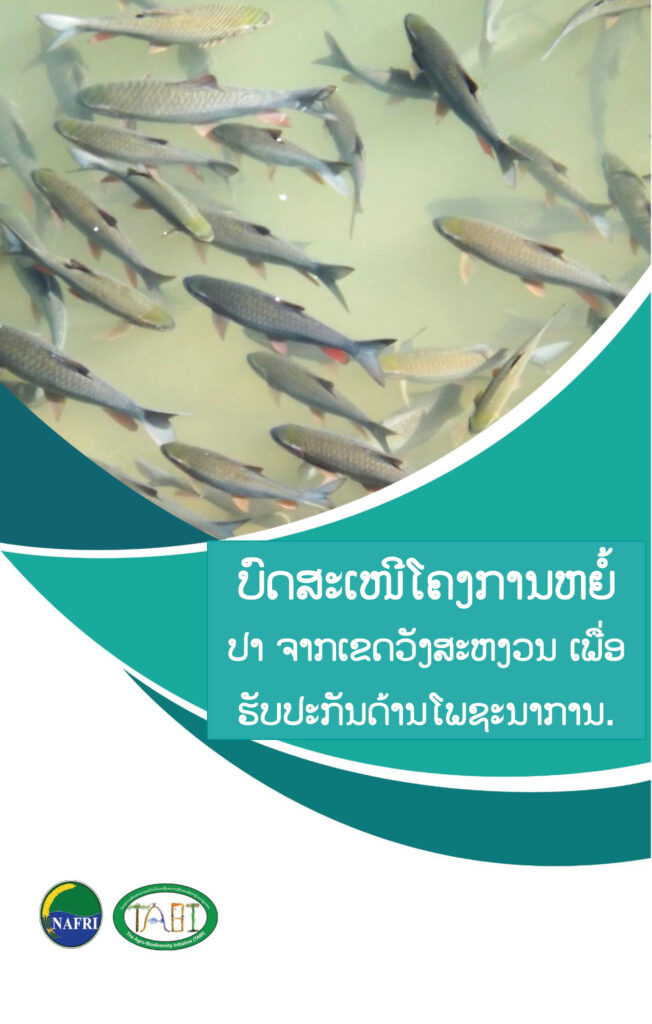Small-scale fisheries are very important in the northern part of Lao PDR, where rural people heavily depend upon the rivers’ fish stocks for their livelihoods. However, from many previous years, there was fish increasing pressure from human exploitation, because of the number of rural population increased and therefore they have to do such overfishing for household consumption and for selling to make money with the use of explosives, poisons, and electrofishing, they also do fishing during the reproduction season, water pollution from agricultural pesticides and mining, and habitat disturbance, are all decreasing fish populations and threatening some species with extinction. Therefore, Fish conservation zones have traditionally been established by local villagers and still limited in some regions as a village common asset with community-based management or even considered as sacred places.
The development of FCZs is not only good for aquatic’s biodiversity conservation, but also for improving villagers’ nutrition for many rural people, and for maintaining of riverbank or riparian’s agro-biodiversity, ecology and natural water source forest area that definitely providing them with additional income and fixed occupation opportunities which is also could be linked to the eco-tourism industrial service.
Capacity Building and Agricultural Education for Sustainability, Health and nutritional
Types:
Report, case study report
published in 2020, Lao language




